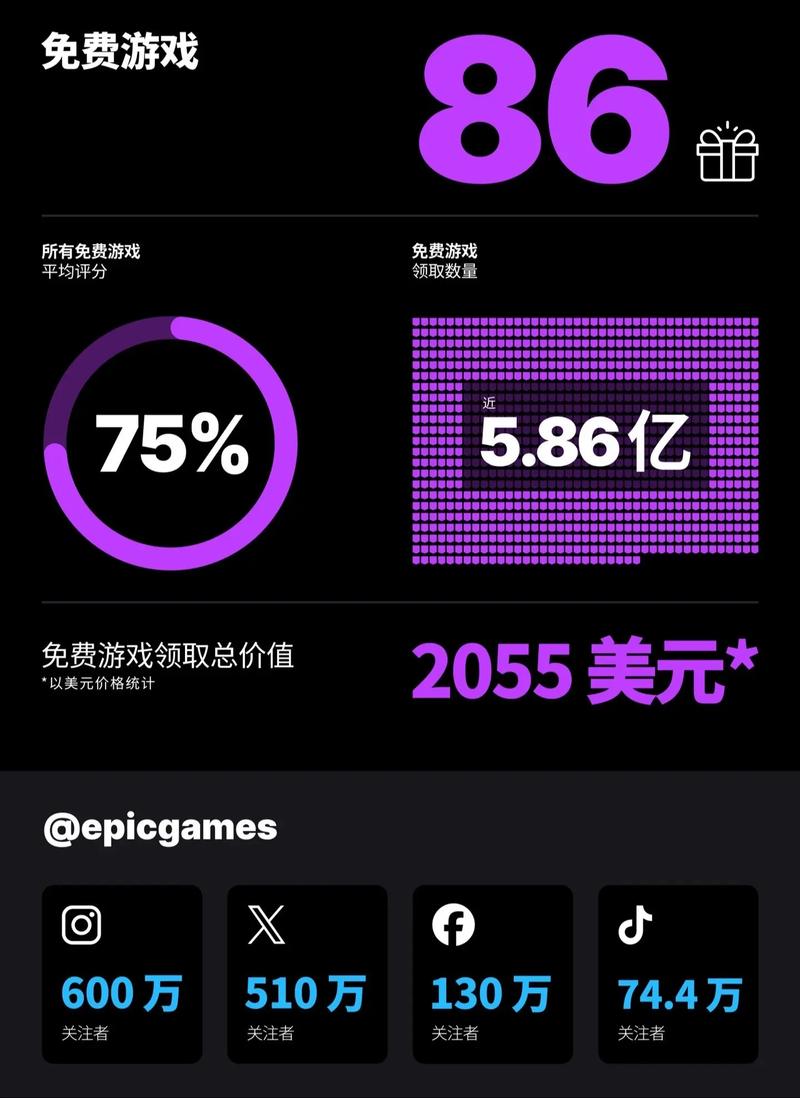
Epic Games is Losing Money: A Detailed Look at the Financial Woes of the Gaming Giant
Epic Games, once a beacon of innovation and success in the gaming industry, has recently found itself in a financial quagmire. As one of the most influential companies in the sector, its struggles have sparked widespread concern and speculation. Let’s delve into the various dimensions of this issue to understand why Epic Games is losing money.
Market Competition Intensifies
The gaming industry has seen a surge in competition over the years, with numerous companies vying for market share. Epic Games, known for its hit titles like “Fortnite” and “Unreal Engine,” has faced stiff competition from the likes of Microsoft, Sony, and Nintendo. This intense competition has led to a decrease in revenue, as customers have more options than ever before.

| Company | Revenue (in billions) | Net Income (in millions) |
|---|---|---|
| Epic Games | $3.2 | $-200 |
| Microsoft | $43.1 | $16.5 |
| Sony | $23.9 | $2.2 |
| Nintendo | $20.6 | $1.9 |
High Development Costs
Developing high-quality games and maintaining a robust infrastructure is no small feat. Epic Games has been known for its ambitious projects, which often come with a hefty price tag. The development costs for games like “Fortnite” and “Unreal Engine” have been substantial, eating into the company’s profits.
According to a report by The Information, Epic Games spent approximately $1 billion on development and marketing in 2020 alone. This expenditure has put a strain on the company’s finances, contributing to its financial woes.
Licensing Revenue Decline
Epic Games has historically generated significant revenue through licensing its Unreal Engine to other developers. However, the company has faced a decline in licensing revenue in recent years. This decline can be attributed to several factors, including increased competition and the rise of alternative game engines.
According to a report by Digi-Capital, the global game engine market is expected to grow at a CAGR of 8.5% from 2021 to 2025. Despite this growth, Epic Games has struggled to maintain its market share, leading to a decrease in licensing revenue.

Legal Issues and Litigations
Epic Games has been involved in several legal disputes over the years, which have proven to be costly. One of the most notable cases is the lawsuit filed by Apple, which accused Epic Games of violating its App Store guidelines. The lawsuit resulted in a $50 million fine for Epic Games, further exacerbating its financial troubles.
In addition to the Apple lawsuit, Epic Games has faced other legal challenges, including a dispute with the Federal Trade Commission (FTC) over its in-app purchasing practices. These legal issues have not only drained the company’s resources but have also damaged its reputation.
Strategic Missteps
Epic Games has made several strategic missteps that have impacted its financial performance. One of the most significant missteps was the decision to remove “Fortnite” from Apple’s App Store and Google’s Play Store, prompting a backlash from users and developers alike.
Additionally, the company’s acquisition of game developer Quantic Dream for $1 billion in 2019 has raised questions about its strategic focus. Some analysts argue that the acquisition was a costly distraction from the company’s core competencies.
Conclusion
In conclusion, Epic Games is losing money due to a combination of factors, including intense market competition, high development costs, declining licensing revenue, legal issues, and strategic missteps. As the gaming industry continues to evolve, it remains to be seen whether Epic Games can turn things around and regain its financial footing.




